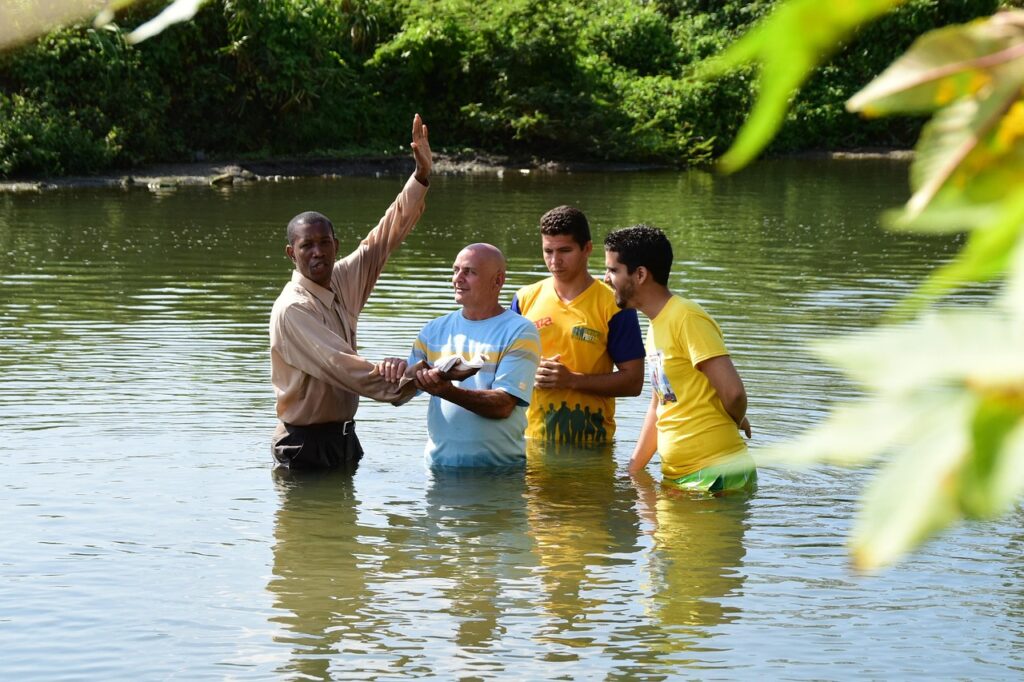For many good reasons Masonic lodges and other similar initiatory systems take great care in who they welcome into their group. Accepting an application from the wrong person can clearly lead to great damage to a lodge, and will impact the progress of all its members. Additionally though, the effect on the candidate themselves should be considered.
In his “Ten Instructions to Men of Desire”, Louis Claude de Saint Martin lays out the cosmological system lying behind his mystical beliefs. This is a foundational book for Martinist and Élus Coen temples, and is well worth reading by esoterically inclined Freemasons. But of most interest for this article are the last three sections of the tenth lesson.
As in a previous post, I will be using the excellent translation published several years ago by the Ordre Martinistes Souverains.
Test the True Desire of Candidates
The name Louis Claude de Saint Martin gave to this series of lectures is, “Ten Instructions to Men of Desire”, and the word “desire” is central to many of the arguments. He states that the level of “desire” of a candidate is key to their success in taking any initiatory path.

In the very first lesson we read the following:
No craftsman has ever succeeded at any temporal art without application, work and continuous effort to grasp the different aspects of the art he has chosen to take up. It would thus be pointless to think that one can achieve wisdom without desire, because the fundamental basic of this wisdom is nothing by the very desire to know it, surmounting all obstacles that close the way to it…
Louis Claude de Saint Martin, “Ten Instructions to Men of Desire”, Lesson 1, Part 2.
Thus a candidate who does not have this “desire” cannot be expected to succeed.
In the tenth part of lesson 10, Saint Martin observes that it is possible that a candidate will appear to be enthusiastic and energetic about joining, but will later change how they think. Their apparent “desire” is a temporary excitement that is not really part of their core.

For this reason, Saint Martin argues that a delay is vital before admitting them as a candidate. If they are genuinely, in the core of their being, passionate about the path then this delay will only increase that excitement. Such a person will not experience the inevitable difficulties as setbacks, and will instead get energy from these challenges.
On the other hand, a person who is easily discouraged by a delay will be a person whose passion will be destroyed by any challenges.
It is for this reason that entry into a Masonic lodge, Martinist temple, etc., takes time. For a person used to the immediacy of the modern world, the slowness of the application process can be a frustration, but it is a feature not a bug.
Advancing through degrees
A common problem for those mentoring candidates through initiatory systems is to determine when to advance them to the next degree. In many Masonic lodges this is based on proper attendance of appropriate grades, learning of ritual material, etc. (another way of testing the initiates “desire”?), but often this is insufficient. The question constantly arises, “Are they ready for the next step or are they moving too fast?”

In part 9 of the tenth lesson, Saint Martin speaks of the importance of moderating desire and persevering patiently.
One example he uses is of the amount of force given to an inexperienced general. Giving such a commander a large number of soldiers and weaponry will not actually increase their chances of success. Instead it will only amplify the size of their defeat!
Before giving him a large body, he must at least know how to command a small one.
Louis Claude de Saint Martin, “Ten Instructions to Men of Desire”, Lesson 10, part 9
He follows this up with a metaphor about diet. Food is vital to our survival, yet being given food that is too rich — especially if we are recovering from an illness — will often make us sick.
In both metaphors there is an emphasis on proper progression.
When recovering from an illness — a very interesting comparison to make with progress in an initiatory system — it is important that we take our time to build up our abilities to eat the food we need. If we want to take command of our forces — again, another very interesting way to think about spiritual development — we need to be given only what we are capable of properly handling.
The candidate is central
For those of us who have the honour of mentoring a candidate through a masonic or other initiatory system, the advice is to always keep the candidate at the centre of our thoughts. What is best for them? Will they thrive by being admitted to the lodge? Is it for their best, spiritually speaking, that they move on to the next step? Or it is better for them to take some more time to absorb the lessons of their current degree?

The only reason we, as mentors, do this work is to help our fellow travelers. We must keep them at the centre of our decisions.
Before the Flambeaux.


Leave a Reply